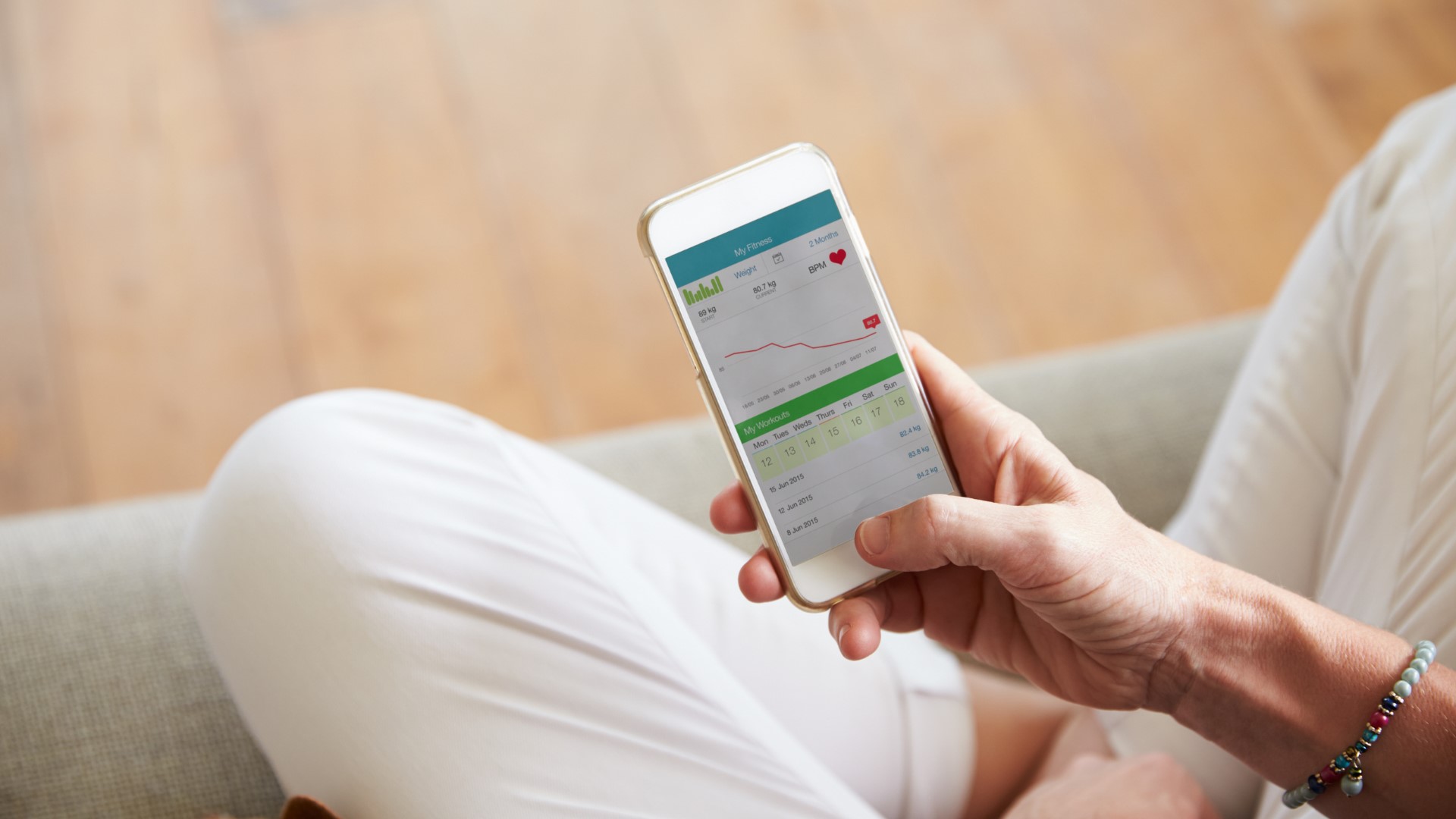
Mental health apps are created to assist and treat users at all stages of clinical need. In the fast-paced world we live in, where stressors seem to lurk around every corner, taking care of our mental health has never been more important. Fortunately, advancements in technology have brought forth a plethora of mental health apps designed to provide support, guidance, and resources at our fingertips. These apps cover a wide range of purposes, from meditation and mindfulness to therapy and mood tracking. However, with so many options available, navigating the world of mental health apps can be overwhelming. To help you make informed decisions about which app is right for you, let’s explore what we know.
Understanding the Landscape
Mental health apps can be categorized into various types, including symptom monitoring, psychoeducation, cognitive behavioral therapy (CBT) based tools, mindfulness and relaxation, peer support, and telepsychiatry. Each type serves a unique purpose and targets different aspects of mental well-being. (Chandrashekar, 2018)
The Benefits
One of the primary advantages of mental health apps is accessibility. With just a few taps on your smartphone, you can access a wide range of tools and resources anytime, anywhere. This accessibility is particularly beneficial for individuals who may face barriers to seeking traditional in-person therapy, such as stigma, cost, or lack of availability.
Moreover, many mental health apps offer personalized experiences, allowing users to tailor their journey based on their specific needs and preferences. Whether you’re looking to manage stress, improve sleep, or cope with symptoms of anxiety or depression, there’s likely an app out there that aligns with your goals.
Potential Drawbacks
While mental health apps offer convenience and flexibility, it’s essential to approach them with a critical mindset. Not all apps are created equal, and some may lack scientific evidence or clinical oversight. The quality and effectiveness of these apps can vary widely, with some offering little more than superficial guidance or generic advice.
Additionally, privacy and security concerns are paramount when using mental health apps, as they often involve sharing sensitive information about your mental health and well-being. Before downloading an app, it’s crucial to review its privacy policy and ensure that your data is protected and handled responsibly. (Caron, 2022)
Finding the Right Fit
With thousands of mental health apps available on the market, finding the right fit can feel like searching for a needle in a haystack. To streamline the process, consider the following factors:
- Evidence-Based Practices: Look for apps that are based on scientifically proven techniques, such as CBT or mindfulness meditation. Check if the app has been evaluated in clinical studies and whether it has received endorsements from mental health professionals.
- User Reviews and Ratings: Pay attention to user reviews and ratings to gauge the app’s effectiveness and user experience. Keep in mind that individual preferences may vary, so what works for one person may not work for another.
- Features and Functionality: Consider what features are essential to you, whether it’s guided meditation sessions, mood tracking tools, or access to licensed therapists. Choose an app that aligns with your goals and preferences.
- Cost and Accessibility: Determine whether the app offers a free version with limited features or requires a subscription for full access. Consider your budget and how much you’re willing to invest in your mental health.
- Integrating Apps into Your Mental Health Toolkit
- While these apps can be valuable tools for self-care and support, they are not a substitute for professional treatment or therapy. It’s essential to view them as part of a broader mental health toolkit that may include therapy, medication, self-help books, and support from friends and family.
If you’re struggling with severe or persistent mental health issues, consider seeking guidance from a qualified mental health professional who can provide personalized treatment and support tailored to your needs. (Psyche)
Mental health apps can be powerful resources for managing stress, improving well-being, and enhancing self-awareness. However, it’s essential to approach them with a discerning eye, considering factors such as evidence-based practices, user reviews, and privacy considerations. By finding the right app that aligns with your goals and preferences, you can take proactive steps towards better mental health and overall well-being in today’s digital age. Remember, your mental health matters, and there are resources available to support you on your journey.
Works Cited
Chandrashekar, Pooja. “Do Mental Health Mobile Apps Work: Evidence and Recommendations for Designing High-Efficacy Mental Health Mobile Apps.” mHealth, U.S. National Library of Medicine, 23 Mar. 2018, www.ncbi.nlm.nih.gov/pmc/articles/PMC5897664/.
Caron, Christina. “How to Find a Mental Health App That Works for You.” The New York Times, 13 Apr. 2022, www.nytimes.com/2022/04/13/well/mind/mental-health-apps-therapy.html.
Psyche. “How to Choose a Mental Health App: Psyche Guides.” Psyche, psyche.co/guides/how-to-choose-a-mental-health-app-that-can-actually-help.
